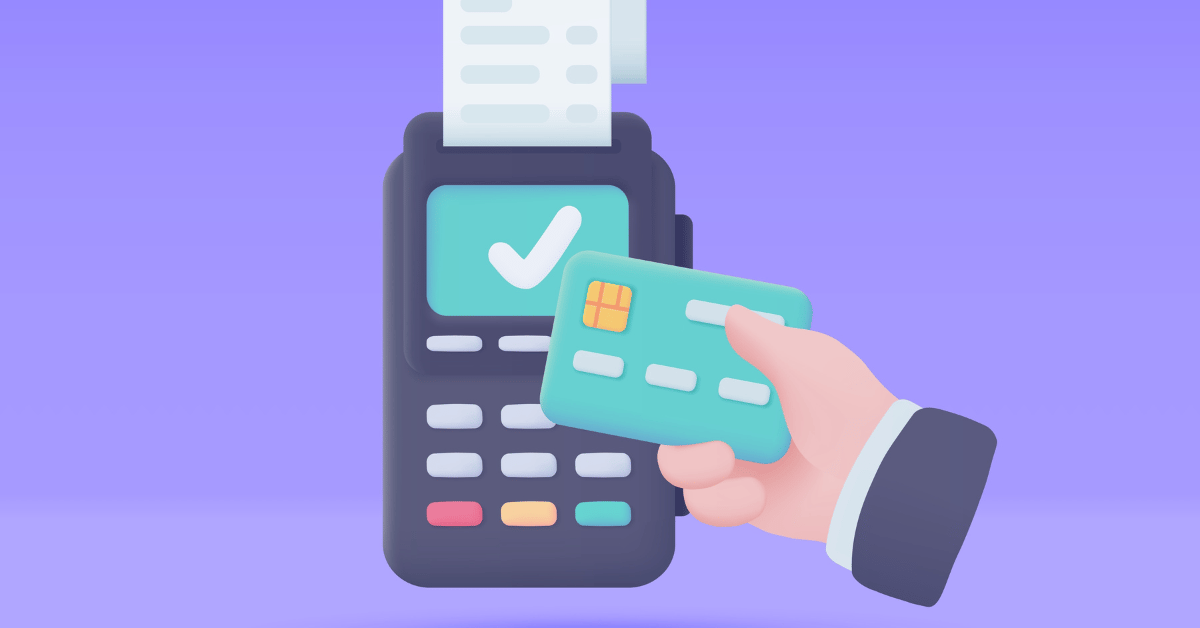The authorities have sought GST on the fee charged by PAs to merchants for processing such low-value digital transactions via debit and credit cards
Notices have been issued pertaining to demands from as far back as fiscal year 2017-18 (FY18), when the GST regime came into effect
This comes as the GST Council is likely to discuss a proposal next week to impose an 18% GST levy on payment aggregators processing online payments under INR 2,000 via cards
Tax authorities have reportedly issued notices to at least two major payment aggregators (PA), CCAvenue and BillDesk, demanding goods and services tax (GST) for facilitating digital payments below INR 2,000.
Multiple people privy to the development told Economic Times that tax authorities have sought GST on the fee charged by PAs to merchants for processing such low-value digital transactions via debit and credit cards.
As per the report, notices have been issued pertaining to demands from as far back as fiscal year 2017-18 (FY18), when the GST regime came into effect.
Confirming the development, CCAvenue parent Infibeam Avenues’ managing director and Payments Council of India chairman Vishwas Patel said, “Yes, we have received a show-cause-cum-demand notice… Our teams have responded to the notice”.
The development comes close on the heels of reports emerging that the GST Council plans to discuss a proposal next week to impose an 18% GST levy on payment aggregators for processing online payments under INR 2,000.
A top executive of a payments firm anonymously told the publication, “Some of the players have already received the notice. We are anticipating notices too, since the entire industry did not charge merchants and pay GST on sub-INR 2,000 digital payments transactions, abiding by government norms.”
The move is expected to have a direct bearing on the payment aggregator ecosystem as well as the larger fintech ecosystem. Some of the large players in the segment include Pine Labs, Razorpay, PayU, Infibeam, among others.
The levy is expected to create additional financial burden for these companies as PAs have not been charging tax to merchants on such transactions as a government notification issued during demonetisation in 2016 exempted sub-INR 2,000 digital payments from taxes.
Currently, these PAs charge anywhere between 0.5% to 2% as payment gateway fees per transaction.
As a result, they may be saddled with additional compliance burdens and costs as more than 80% of the total digital payments in India, by value, is less than INR 2,000. The fintech startups may eventually pass on these expenditures to the merchants or end-users. However, it must be noted that the tax issue pertains to transactions done through debit and credit cards and net banking. UPI and RuPay credit card payments are exempted from it as they enjoy zero merchant discount rate.
The developments come at a time when the number of digital transactions in the country are growing rapidly. The Reserve Bank of India (RBI) has doled out PA licences to a number of entities this year. Earlier today, Chennai-based Paysharp received final authorisation from the RBI to operate as a PA. Prior to that, PayGlocal also received a nod from the central bank to operate as an online PA.
As per a report, the homegrown payment gateway market is estimated to grow to a size of $2.66 Bn by 2029.
Disclaimer
We strive to uphold the highest ethical standards in all of our reporting and coverage. We StartupNews.fyi want to be transparent with our readers about any potential conflicts of interest that may arise in our work. It’s possible that some of the investors we feature may have connections to other businesses, including competitors or companies we write about. However, we want to assure our readers that this will not have any impact on the integrity or impartiality of our reporting. We are committed to delivering accurate, unbiased news and information to our audience, and we will continue to uphold our ethics and principles in all of our work. Thank you for your trust and support.



![[CITYPNG.COM]White Google Play PlayStore Logo – 1500×1500](https://startupnews.fyi/wp-content/uploads/2025/08/CITYPNG.COMWhite-Google-Play-PlayStore-Logo-1500x1500-1-630x630.png)